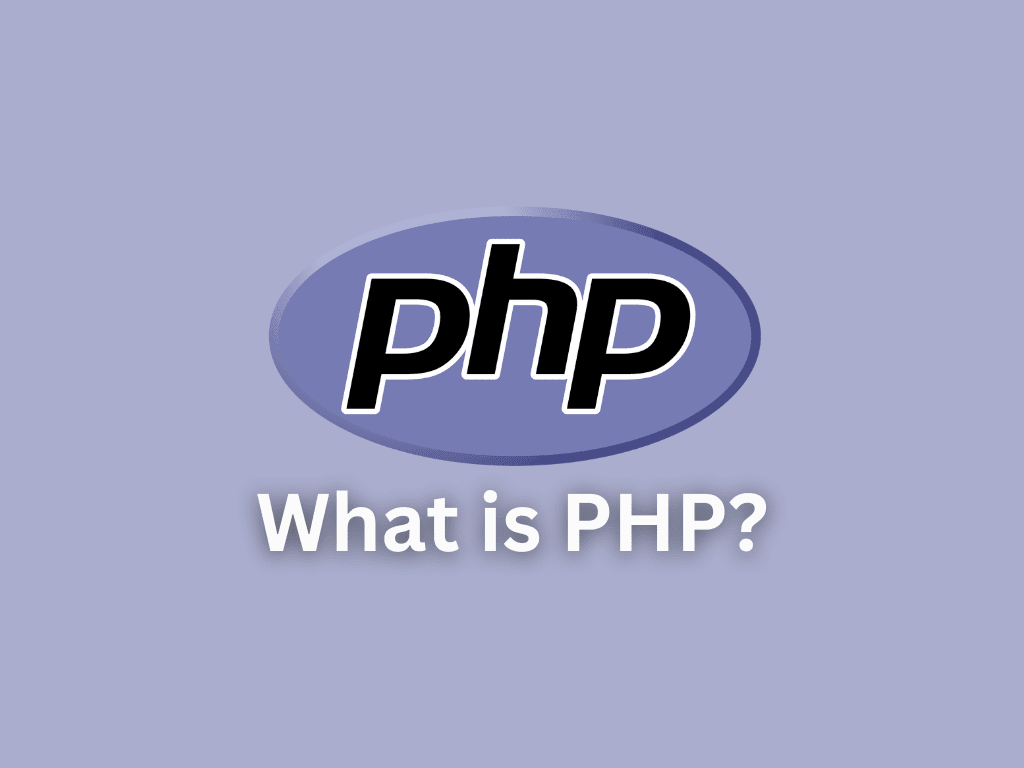PHP is a popular server-side scripting language used for web development. It is an open-source language, meaning it is free to use and can be modified to suit the needs of developers. In this article, we will explore the basics of PHP and what makes it such a popular language for web development. The article will take a closer look at what PHP is, how it works, and the benefits it provides to web developers and website owners.
What is PHP
PHP is a server-side scripting language that creates dynamic web pages and applications. It is a universal language that can handle various tasks, from creating simple web pages to complex web applications. PHP code is executed on the server side, meaning it is run on the web server before sending it to the user’s web browser.
PHP has a simple and intuitive syntax, which makes it easy to read and understand. PHP code is typically embedded in HTML code but can be included in separate files. PHP code is enclosed in <?php and ?> tags, and statements end with a semicolon (;). Variables in PHP are represented by a $ symbol, followed by the variable’s name.
How Does PHP Work
When a user requests a PHP file, the web server runs the PHP code on the server and generates an HTML page sent to the user’s web browser. PHP is a server-side scripting language, meaning it is used to generate dynamic content that can change depending on the user’s input or other factors. PHP can interact with databases, including MySQL, Oracle, and PostgreSQL, to store and retrieve data. It can also work with different file formats, including images, videos, and audio files. The versatility of PHP makes it a popular choice for web developers.
Benefits of PHP
One of the primary benefits of using PHP for web development is its open-source nature, which means it is free to use and can be modified to suit the needs of developers. Additionally, PHP has a large and active community of developers who contribute to the language and support other developers. This community provides access to a wealth of resources and support, making it easier for developers to learn and use PHP.
Another benefit of PHP is its cross-platform compatibility. It can run on multiple platforms, including Windows, Linux, and macOS. This makes it a versatile option for developers who work on different operating systems. Additionally, PHP is easy to learn and has a low barrier to entry, making it an excellent choice for beginner web developers. Its simple and intuitive syntax makes it easy to read and understand.
PHP File Extensions Explained
PHP files have a .php file extension. These files can be used to interact with databases, create and manipulate files, and perform other tasks required for web development. PHP files can also be included in other files using the include() and require() functions. This allows developers to reuse code and maintain web applications more efficiently.
PHP vs ASP.NET vs JSP vs CFML
There are several popular server-side scripting languages used for web development. PHP, ASP.NET, JSP, and CFML are the most widely used. PHP is the most popular language among web developers, followed by ASP.NET and JSP. CFML is a niche language used primarily for web development in ColdFusion.
PHP is popular because of its open-source nature, large community, and ease of use. ASP.NET is popular because it is part of the Microsoft technology stack and integrates well with other Microsoft tools. JSP is popular because it is part of the Java technology stack and is used for building large-scale web applications.
When comparing PHP to other server-side scripting languages, it is essential to consider the specific needs of your web development project. PHP is a universal language that can handle various tasks, making it a popular choice for web development projects of all sizes and complexities. It also has a large community of developers, which provides a wealth of resources and support.
Conclusion
In summary, PHP is a versatile, open-source, server-side scripting language primarily used for web development. It is easy to learn, has extensive database support, and is known for its speed and efficiency. PHP is critical in web development and is used to create many web applications, including e-commerce sites, content management systems, and social networking sites.

